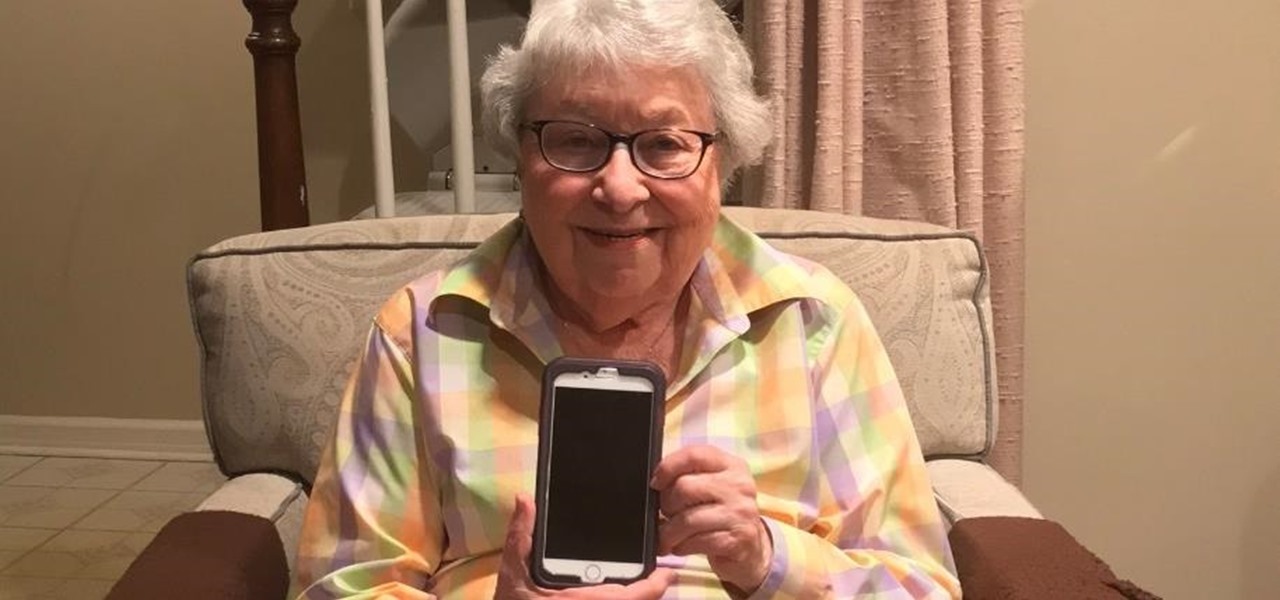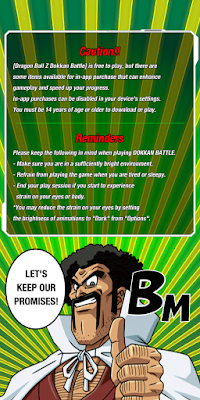I'm sure I don't have to repeat the phrase "you are on your phone too much, back in my day [insert what your parents used to do here] because you probably have heard it a bit too much by now. They aren't completely wrong, you probably are on your phone way too much for your own good. However, could our parents learn this own lesson for themselves as well? When we hear about overusing phone usage, it is easy to think about teenagers and younger adolescents who are using it too much that parents are not ever the topic of discussion for phone usage. While parents may have a more practical use for phone usages like work, emails, and calls, they cannot avoid the addictive nature of mindlessly scrolling through their phones and catching up on the latest family gossip.
So we know that phones are not always the best piece of technology, especially considering how addictive their general nature is because of our underlying fear of boredom. In Dr. Vrooman's Social Media & Society class, we were asked about how much control we believe to have over our phones where we could genuinely give them up and not use them. The highest percentage was 40%... This means that the "strongest" person who has the most self-control over their phone in the classroom has about 40% control over their phone while the remaining 60 means they give in to the temptation of their phone. That's actually quite sad if you think about it and many of us are probably around that mark if you are being honest with each other. Though, is it really all that surprising? I mean, the stereotype of phone usage is mainly targeted at younger adults and teens after all so this seems to prove that theory to be somewhat true for our sample size of Vrooman's classroom at the very least. The problem is that if we are focused on just one group of people and not the rest of the population and how phone usage, we might not be able to fully adjust our society to the addictive nature of our phones.
All of this is not to try and derail from the fact that younger generations use technology and their cellphones a lot as well. As mentioned before, I was really surprised to find out that about half of my time had been taken up by my phone but also not surprised at the same time considering that is all I have really been doing recently. We know that everyone can get mentally addicted to their phone, so that is not necessarily the goal of what I am trying to address here. The issue I want to address here is that we should be analyzing the addictive properties of our phones across the board and see how what kind of effect it has on different age groups. We often like to think that we are masters over our devices, that we could give them up at any given time should we want to. But that 40% mentioned earlier and that little 24 minutes extra of attention given to children by parents paint a different picture for us. Does this mean we are fully powerless to our phones? Not necessarily. You can start small with challenges that try to actively gauge your mind away from your phone like trying to do the challenges in Manoush Zomorodi's book, Bored and Brilliant as a start to try and see what a few days of less phone usage are like and see if you can take baby steps to essentially untrain your mind from phone usage. However, we should also not be afraid of our phones either as we know we need regardless of how we feel. It is a matter of gaining control and power over our phones rather our phones to have control and power over us is what we must face together as a collective society.














